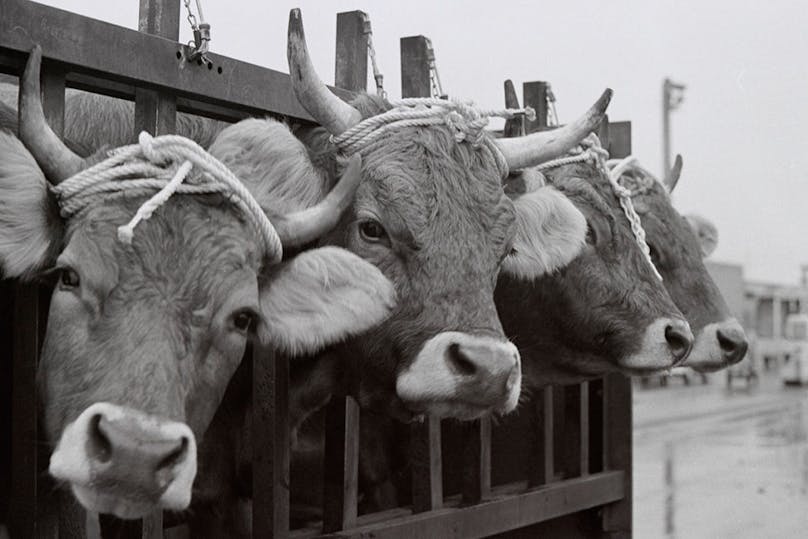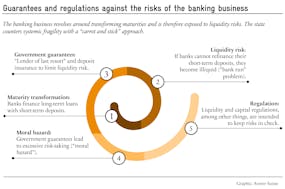The price Swiss consumers pay for food products is roughly 78% higher than their European neighbors. For their individual consumption of meat, Swiss are billed an extra 152%. This is due to a deliberate partitioning of the Swiss agricultural market, along with multiple agricultural subsidies, all of which are at the expense of the taxpayers. A string of regulations has thus been implemented, in the name of a weak and erroneous understanding of agricultural and consumer protection. This not only constrains the innovation capacity of the nation’s farmers, but places Swiss consumers under State control too. As a result, their freedom of choice in relation to supply is increasingly restricted.
Despite Swiss standards relative to animal welfare being already amongst the highest in the world, and retailers regularly receiving international awards for their commitment, the relentless battle for yet more restrictive measures continues. From the initiative against battery farming, to the initiative in support of cows’ horns, as well as future initiatives regarding synthetic pesticides and drinking water, more regulations will almost certainly be adopted, increasingly reducing farmers’ leeway in their entrepreneurial activities. Swiss farmers, who were once filled with pride, are now ultimately relegated to the position of functionaries, having to carry out regulations that do not always take into account the realities of the market. The Swiss agricultural market is already far from being competitive. Each year, 3.8 billion Swiss francs in subsidies are injected into the agricultural sector and taken directly from the taxpayers’ pockets. Nearly 63% of gross agricultural revenues originate from State transfers; Switzerland has become a world champion in agricultural subsidies.

Cattle with horns being transported: farmers face additional restrictive regulations in their entrepreneurial activities (Zurich ETH Library, photography archives)
The less fortunate pay the price
Despite this considerable financial support, farmers are left with little money at the end of the month. The main portion of tax-assisted subsidies is destined to upstream and downstream industries. Swiss farmers get very low selling prices for their products; the duopoly in place in the retail business generates high margins. Farmers, and even more so consumers, are affected by this. In addition to the excessive and unsustainably high agricultural subsidies of 3.8 billion Swiss francs, the partitioning of the Swiss agricultural market causes taxpayers and consumers to pay an additional 4.4 billion Swiss francs for food products. These costs are triggered by custom duties and measures supporting price and sales promotions. It is essentially the less-fortunate who have to pay the price. Typically, the allotment for food in their family budget is 12% higher than the average Swiss household.
Consumers look for loopholes
Nonetheless, Swiss consumers are flexible – they bypass the problem. Shopping tourism now represents 10% of the turnover in retail sales and the trend is clearly increasing. Nearly 60% of the Swiss population buys food products in another country. Notwithstanding, local agricultural products have what it takes. According to a study led by the University of St-Gallen, consumers would be quite willing to pay up to 30% more for specific regional products. For this deal to take place, we had better not legislate on what our farmers ought to do down to the smallest detail. With high-quality niche products, they would be able to find new distribution channels, even abroad, and without the need for additional subsidies.
And Swiss consumers would finally be able to choose freely, without state regulations, the food products they wish to buy, regardless whether they were local or foreign. There is a prerequisite: the time of consumer immaturity and paternalism towards farmers is over. There is a need for reforms that trust the discernment of consumers and the entrepreneurial skills of farmers. With the current legal regulations and the future initiatives, this step has not yet been taken.
This article was published in the print editions of the “St. Galler Tagblatt” and the “Luzerner Zeitung” on 29 May 2017.





